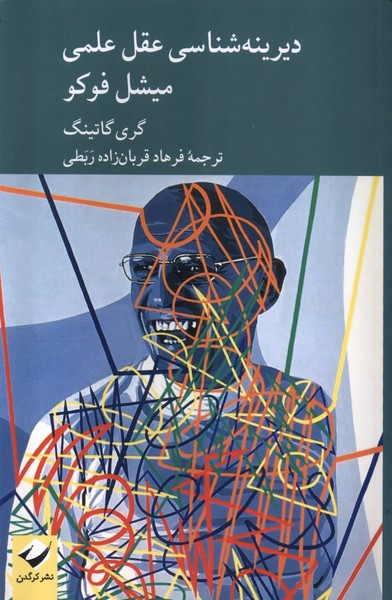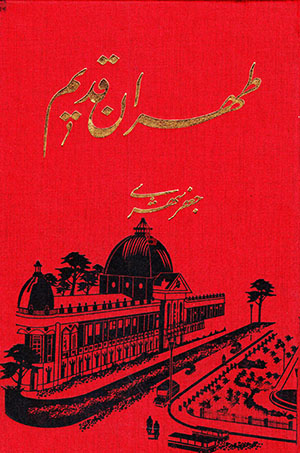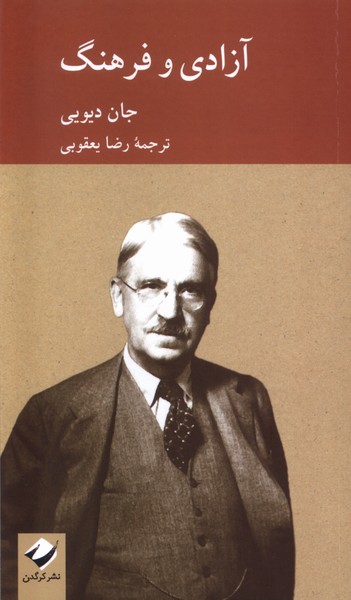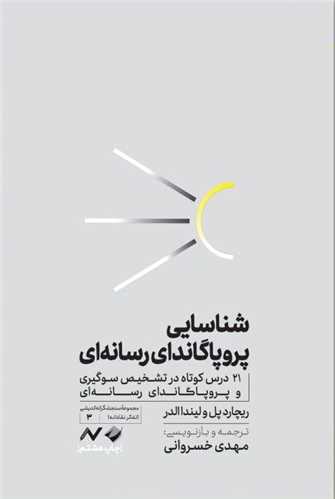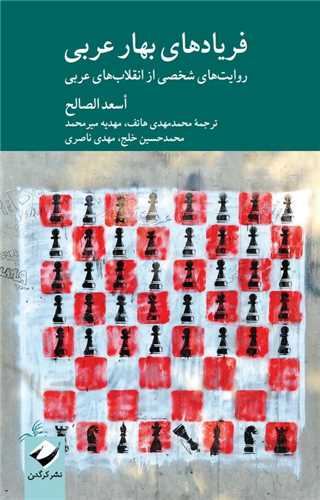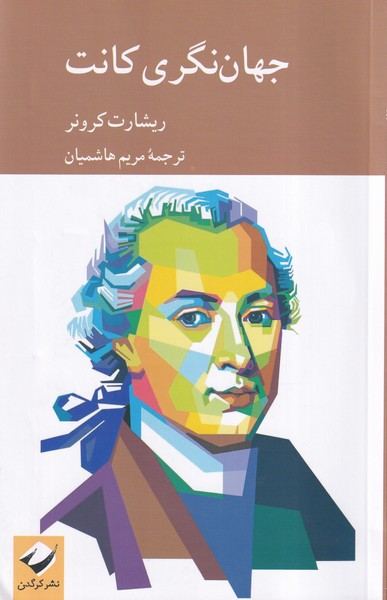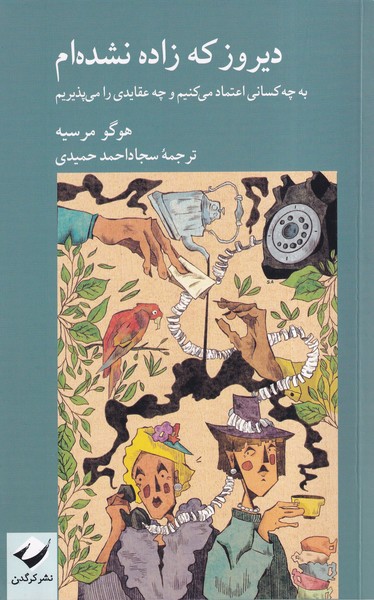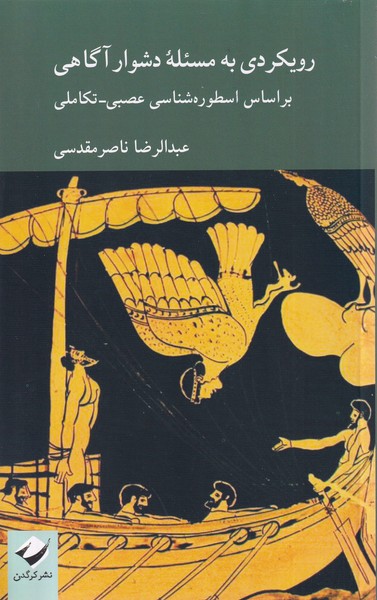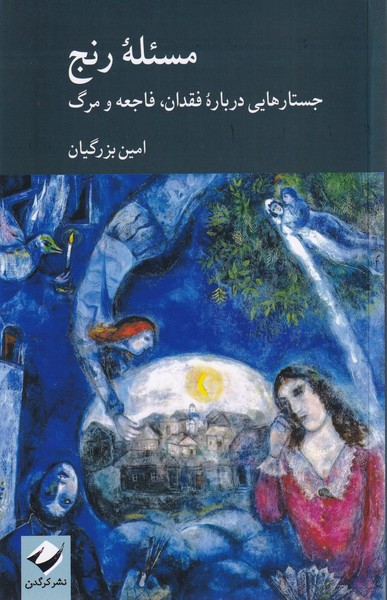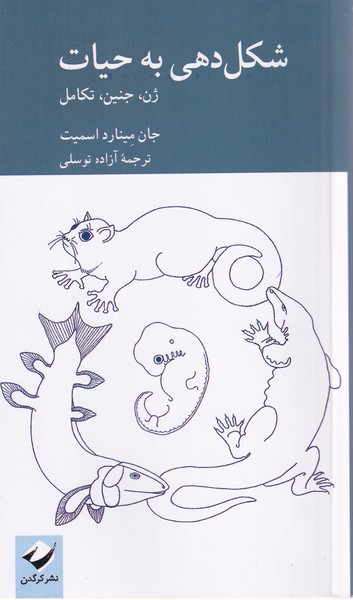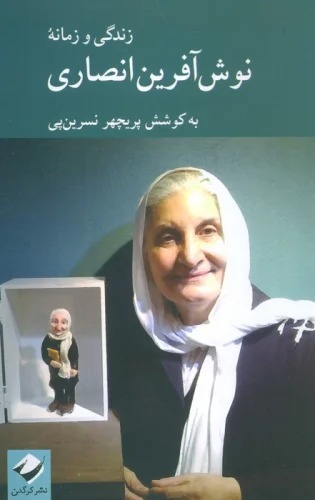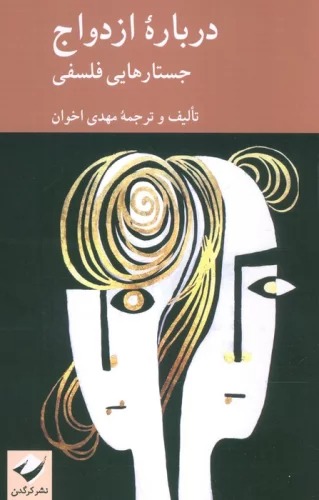Dīrīnah'shināsī-yi 'Aql-i 'Ilmī-yi Mīshil Fuku: Persiska (Farsi) 2023
دیرینهشناسی عقل علمی میشل فوکو
21,20 $
Dela
Wishlist
Originaltitel:
Michel Foucault's Archaeology of Scientific Reason
ISBN:
9786227765854
Översättare:
Farhād Qurbān'zādah Rabṭi
Förlag:
Kargadan
Åldersgrupp:
Vuxen
Sidor:
424
Vikt:
328 g
Produktmått:
14 x 21 x 3
,
8 cm
Bokomslag:
Pocketbok
This is an important introduction to and critical interpretation of the work of the major French thinker, Michel Foucault. Through comprehensive and detailed analyses of such important texts as The History of Madness in the Age of Reason, The Birth of the Clinic, The Order of Things, and The Archaeology of Knowledge, the author provides a lucid exposition of Foucault's "archaeological" approach to the history of thought, a method for uncovering the "unconscious" structures that set boundaries on the thinking of a given epoch. The book casts Foucault in a new light, relating his work to Gaston Bachelard's philosophy of science and Georges Canguilhem's history of science. This perspective yields a new and valuable understanding of Foucault as a historian and philosopher of science, balancing and complementing the more common view of him as primarily a social critic and theorist.
more
فوکو را میتوان فیلسوف، مورخ اجتماعی، تحلیلگر ادبی، منتقد اجتماعی و سیاسی دانست. هریک از این عناوین گوشهای از دستاوردهای نظری او را به تصویر میکشد. اما حوزۀ اصلی فعالیت فکری او، که ایدههایش دربارۀ فلسفه، ادبیات، جامعه و سیاست را در دل آن شرحوبسط داده است، تاریخ اندیشه است. همۀ کتابهای اصلی او، بهاستثنای یکی، درخصوص تاریخ جنبههای گوناگون اندیشۀ غربی است. آن تککتاب استثنا نیز تأملی روششناختی است در باب آن کارهای تاریخی. عنوانی که فوکو برای کرسی خود در کولژ دو فرانس برگزیده بود نیز گویا است: استاد تاریخ نظامهای اندیشه.
کار فوکو جستوجوی حقایقی است که ما را آزاد میکنند. او به دنبال نشان دادن رویههایی است که بهواسطۀ آنها کاربستهای ویژۀ عقل، حتی در قالب مجموعهای از دانشهای علمی، موجبات سرکوب و محدودیت انسان را فراهم میآورند. بدینترتیب، فوکو دو آرمان دورۀ روشنگری، یعنی آزادسازی انسان و حصول اندیشۀ خودآیین، را به شکلی خودنقادانه بسط میدهد؛ و چنین است که پروژۀ تاریخ اندیشۀ او دو وجه مییابد: نشان دادن اینکه چگونه حوزههای خاص دانشْ آزادی انسان را محدود کردهاند، و فراهم آوردن منابع فکری برای غلبه بر این محدودیتها.
فوکو، برخلاف کانت، شاخههای علمی نامتقنتر، یعنی «علوم انسانی»، را مطالعه میکند و، بهجای علوم طبیعی، این شاخههای علمی را منشأ اولیۀ قیدوبندهای معاصر بر آزادی انسان میداند. میتوان پروژۀ فکری بنیادین فوکو را نقد فلسفی علوم انسانی دانست که با کمک تاریخ اندیشهای که در خدمت آزادسازی انسان است انجام میگیرد.
more

